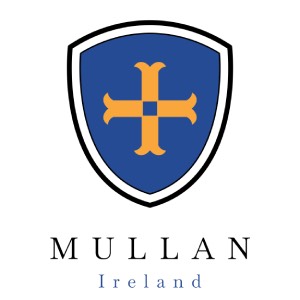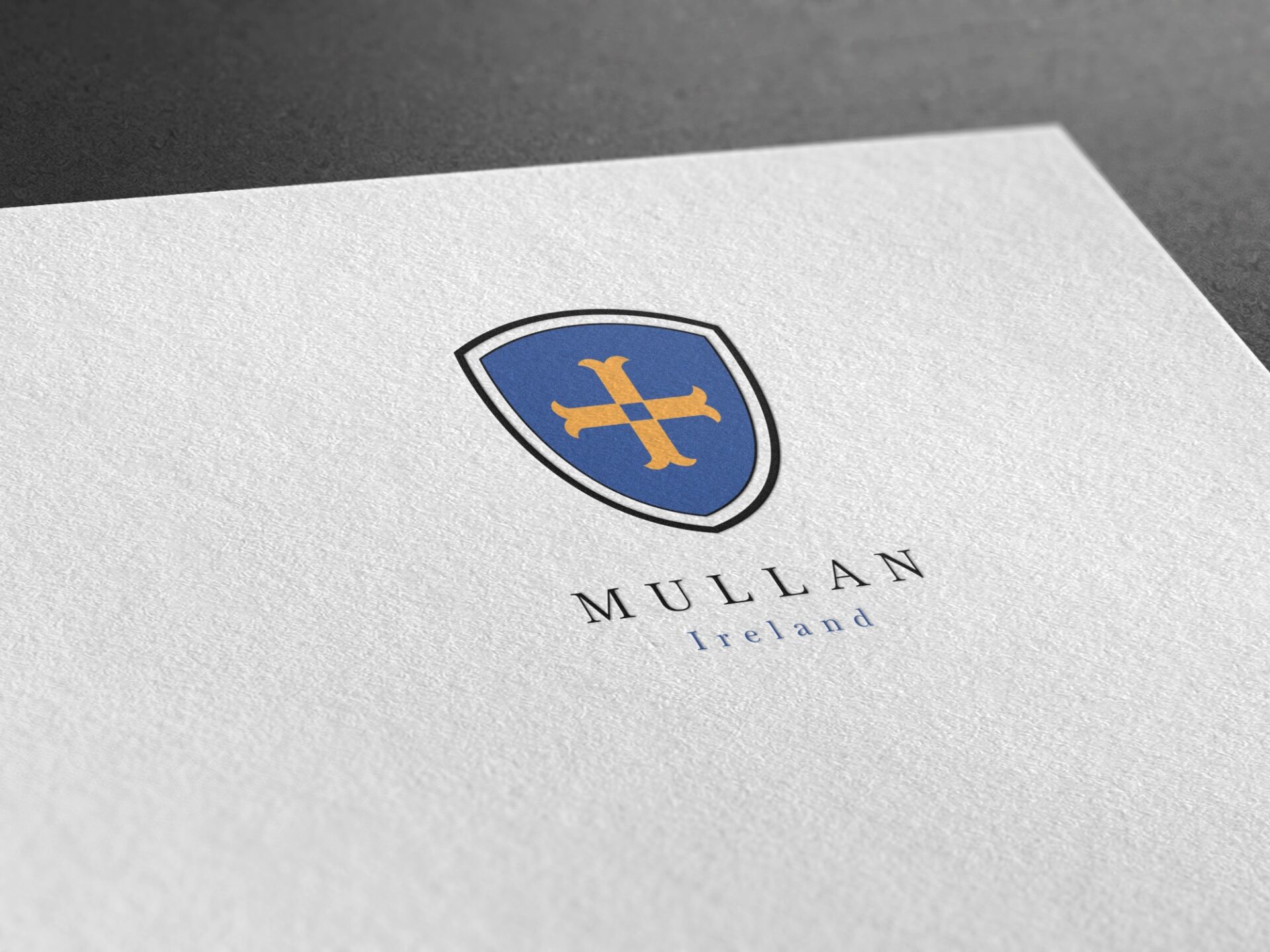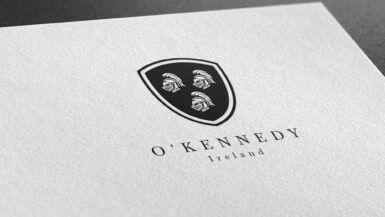The Mullan surname has a deep-rooted history, originating from the ancient Gaelic name “Ó Maoláin,” which later Anglicized to its present form. This surname has been an integral part of Ireland’s cultural fabric, particularly in the northern provinces.
Etymology and Meaning
The Gaelic term “maol” translates to “bald” or “tonsured,” while the suffix “-áin” denotes a diminutive. Therefore, “Ó Maoláin” essentially means “descendant of the little tonsured one.” This could suggest that the initial bearers of the name might have been descendants of a religious devotee or cleric.
Earliest Known Usage
The earliest known usage of the Mullan surname can be traced back to the medieval period in Ireland. The name is closely associated with the ecclesiastical history of Ireland, reflecting the church’s significance in medieval Irish society.
Geographic Distribution
Historically, the Mullan family was principally concentrated in the northern regions of Ireland, particularly in the counties of Donegal and Derry in Ulster.
Original Geographic Location
The original geographic location of the Mullan family name lies in County Donegal, which is part of the Ulster province in the northern part of Ireland.
Migration Patterns
Many members of the Mullan family, like numerous other Irish families, migrated during the late 19th and early 20th centuries due to the Great Famine and economic hardships. These migration patterns resulted in the spread of the Mullan name to North America, Australia, and other parts of the British Empire.
Historical Context
Notable Historical Events
The Mullans, as with many Irish families, were deeply affected by the political and religious turmoil in Ireland, including the English invasion and subsequent colonisation, and the sectarian conflicts that marked Irish history.
Involvement in Key Moments in History
Members of the Mullan family have been involved in key moments in Irish history, such as the Irish War of Independence and the Civil War that followed, either directly or indirectly.
Notable Irish Bearers of the Surname
Famous Individuals
A notable bearer of the Mullan surname is Peter Mullan, an award-winning Scottish actor and filmmaker of Irish descent. Another famous individual is John Mullan, a prominent 19th-century American military engineer, road builder, and explorer of Irish lineage.
Influential Figures
Influential figures bearing the Mullan name include Dr. Fitzhugh Mullan, a prominent Irish-American physician, writer, educator, and social activist.
Variations of the Surname
Spelling Variations
There are numerous spelling variations of the Mullan surname due to Anglicisation and regional phonetic interpretations. Some of these include Mullane, Mullin, Mullen, and others.
Regional Differences
Regional differences of the surname Mullan exist primarily between different parts of Ireland, with some variations more common in the North and others in the South.
Current Statistics and Distribution
Frequency and Global Distribution
The Mullan surname has a substantial presence in Ireland, the United Kingdom, the United States, Canada, and Australia due to past migration patterns.
Changes Over Time
Over time, the Mullan surname has become more widely dispersed due to continued migration, globalization, and intermarriage.
Family Coat of Arms

The Mullan family crest is a visually striking and symbolically profound heraldic emblem that encapsulates the family’s values and historical roots. The primary feature of the crest is its blue background, known as azure in heraldry. This color traditionally symbolizes loyalty, truth, and strength, suggesting a deep commitment to these virtues within the Mullan family. The choice of blue sets a dignified and noble tone for the crest, reflecting the family’s adherence to honor and integrity.
Dominating the crest’s design is a large gold cross, positioned centrally on the shield. In heraldry, the cross is a powerful symbol of faith, Christian values, and sometimes sacrifice. The gold color, known as or, enhances these meanings, representing generosity, wisdom, and high ideals. This combination of the cross and its gold color not only highlights the spiritual and moral backbone of the Mullan family but also their historical or possibly noble heritage.
The presence of the gold cross against the blue background creates a strong visual contrast, emphasizing the importance of faith and moral integrity as central pillars of the family’s identity. This crest not only signifies the family’s spiritual commitment but also serves as a reminder of their longstanding dedication to leading a life guided by strong ethical principles and a commitment to the greater good.






Leave a reply